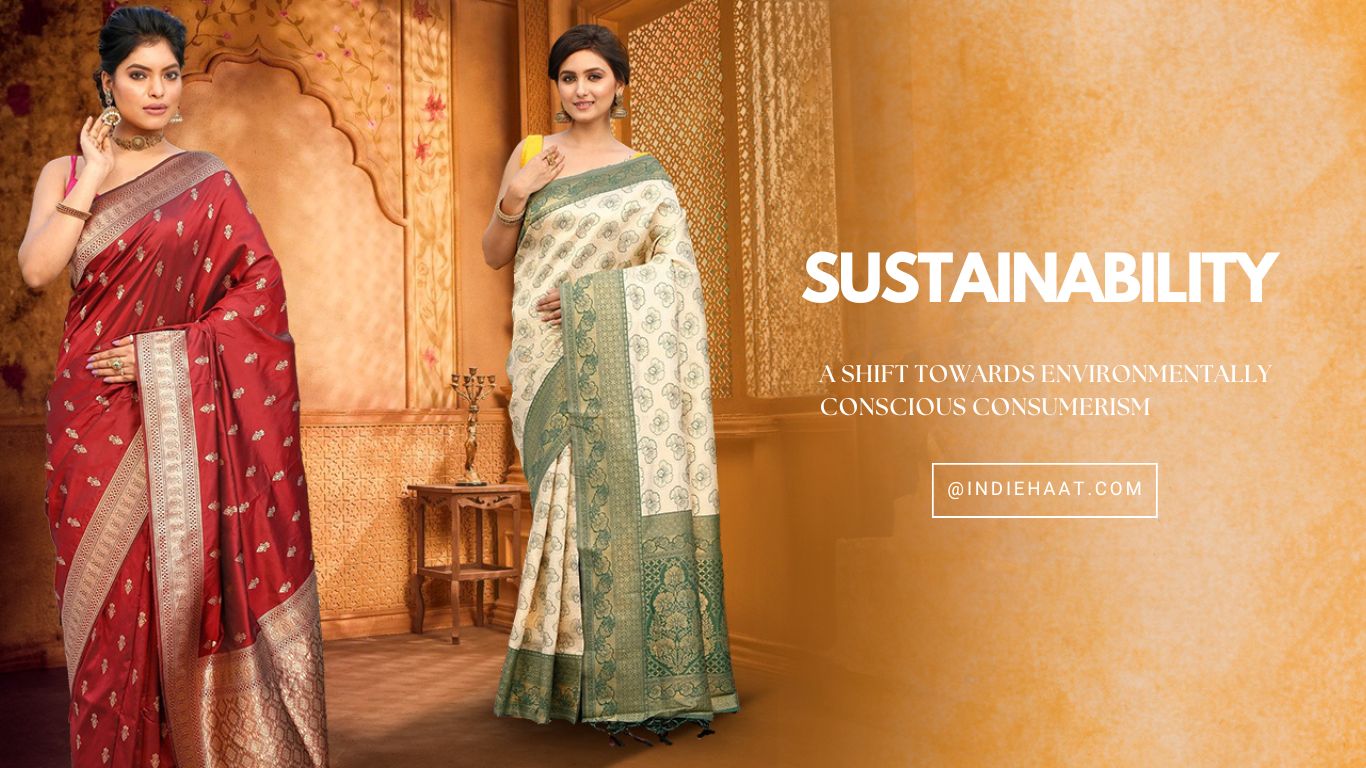Sustainable Products: A Shift Towards Environmentally Conscious Consumerism

In recent years, there has been a significant shift in consumer preferences and behavior towards more sustainable products. As concerns about climate change, resource depletion, and environmental degradation have become more prominent, consumers are increasingly seeking out products that align with their values of sustainability and social responsibility. This article explores the reasons behind the growing demand for sustainable products, the impact it has on businesses, and the potential benefits for both the environment and society.
1. Awareness and Education:
One of the key drivers behind the demand for sustainable products is the increased awareness and education among consumers regarding the environmental and social impacts of their purchasing choices. Through access to information via the internet, social media, and environmental campaigns, consumers are becoming more informed about the consequences of their consumption patterns. They are realizing the importance of making environmentally conscious decisions and are actively seeking out products that minimize harm to the planet.
2. Climate Change and Environmental Concerns:
The threat of climate change and its far-reaching consequences have propelled sustainability to the forefront of public consciousness. Extreme weather events, rising temperatures, and other ecological challenges have made consumers more conscious of their carbon footprint. They are now demanding products that are manufactured using renewable energy sources, emit fewer greenhouse gases, and promote sustainable practices throughout the supply chain.
3. Ethical and Social Responsibility:
Sustainability goes beyond environmental concerns; it also encompasses social and ethical considerations. Consumers are increasingly concerned about fair labor practices, human rights, and the overall impact of businesses on communities. They want to support companies that demonstrate a commitment to social responsibility, such as fair-trade practices, responsible sourcing, and supporting local communities. Products that meet these criteria are seen as more trustworthy and ethical, leading to increased demand.
4. Health and Well-being:
The health and well-being of consumers have also become important factors in their purchasing decisions. Sustainable products often emphasize healthier alternatives, such as organic food, non-toxic materials, and eco-friendly packaging. Consumers are willing to pay a premium for products that offer better quality, reduced exposure to harmful chemicals, and improved overall well-being.
5. Economic Incentives and Innovation:
Businesses are recognizing the economic potential of sustainability and are investing in research and development to meet the demand for sustainable products. This has led to innovative solutions, such as the development of renewable energy technologies, eco-friendly materials, and circular economy models. As sustainable practices become more cost-effective and efficient, businesses are realizing that sustainable products can be both profitable and environmentally friendly.
Growing demand for sustainable products reflects shifting consumer values. Awareness of environmental and social impacts drives this shift. Businesses are adapting with eco-friendly practices. Indiehaat's handmade products align with sustainability goals, contributing to a greener future. Choose sustainability to shape a more responsible marketplace and make a positive impact on the planet.
-
Posted in
consumerism, eco-friendly, innovation, social awareness, sustainability





